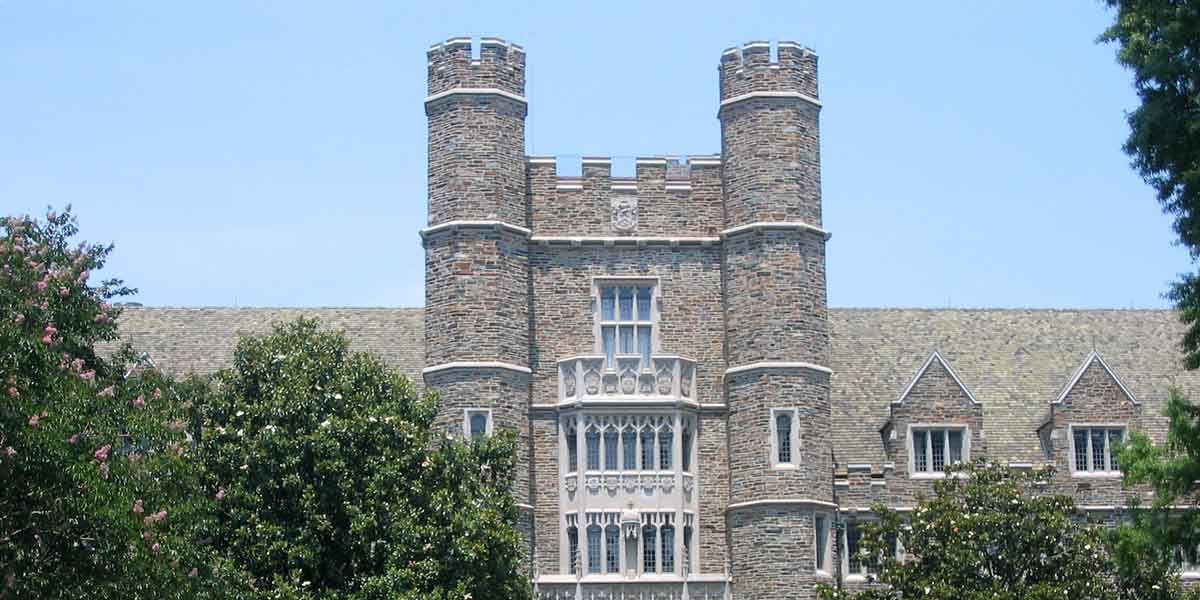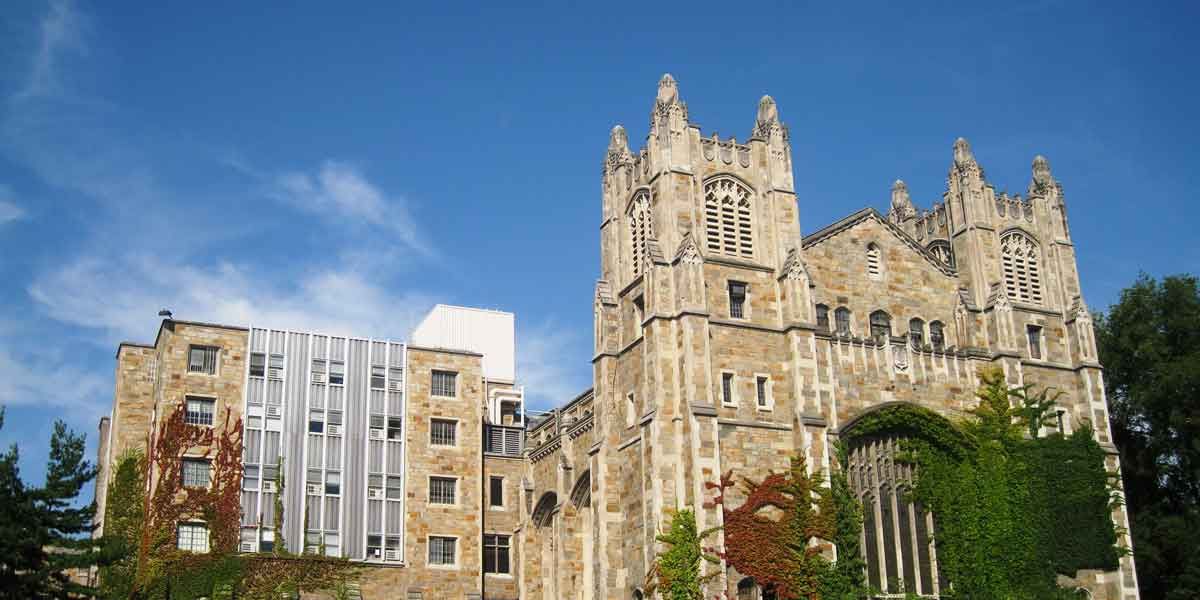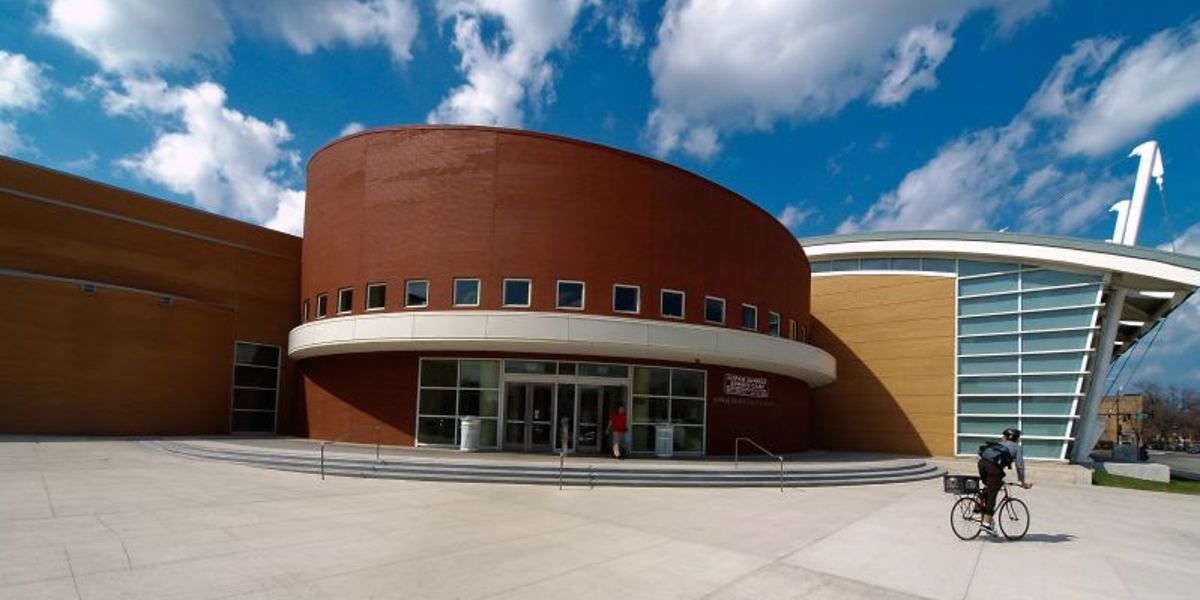So, few applicants in the group raised worries concerning finding an employment after graduation and the recent H1B1 fiasco. I'll try to break them down, to the best of my knowledge, and give my personal opinion as well, to conclude.
(For those candidates whose sole purpose of flying to the U.S. is just to get a decent 'education' and plan on returning to India the very next day they graduate, please ignore this post.)
1. Few months before graduating, you coordinate with your university's international students department to apply for EAD card. This card is your OPT (Optional Practical Training) authorization which is valid for one year from the date you set as your OPT start date. There's a 60 days grace period for you to find a job, effective from the start date in your EAD card, which you had picked.
2. The second step is finding a job. While the process in itself isn't that complicated, the recent political drama surrounding "hire American" has certainly done its damage. It is very difficult to convince the recruiter to hire you without a Permanent Residence/citizenship, since they wouldn't want to take the pain of going through all the hurdles to file an H1B1 visa for an entry level candidate (assuming most MS graduates would be considered for entry level positions)
3. Considering you're hired for a particular position, there are two possibilities:
- The employer offered to file an H1B1 for you, the next year.
- The employer offered you a position based on your F1 OPT status, without discussing the elephant in the room (Filing your H1B1 in the future)
4. Now, things get more complicated even before you start working. It is highly recommended that candidates join a work that closely correlates to their specialization in MS. You are obligated to write a short paragraph about how your specialization in MS and present work position are correlated, to USCIS(United States Citizenship and Immigration Services) when you report your OPT start.
USCIS stores these for future reference when/if you apply for STEM-OPT extension(24 months extension of your OPT, after 12 months of OPT) or your employer files an H1B1 for you. Even if there's a slight discrepancy, they will issue an RFE (Request For Evidence), which is almost equivalent to your case being rejected.
Register for F1 Visa Awareness Session⬅️
5. Depending upon the agreement, your employer can either file your H1B1 visa or choose not to, beginning April of a fiscal year. Once your documents are filed, they'll be put on a lottery system.
6. The H1B1 cap is 65,000 per year, which simply means that 65,000 candidates' application will be issued an H1B1. Out of this, Masters graduates have a quota of 25,000(advanced degree quota) out of the 65,000 cap. If an MS holder's application is not picked under the advanced degree quota, it will be again put in the general pool of 40,000 cap quota.
- So, the issue is, even though we have an edge over regular applicants, the number of people applying under the masters category is increasing rapidly. There are almost 120,000 candidates competing for the advanced degree cap.
- If your application is picked, you're lucky! You can remain employed for 6 more years under H1B1 category.
- If not, your employer can file for the next year, or the year following the next, making it a total of 3 tries.
7. In case you are not picked for an H1B1 authorization, you can choose to leave the United States or use some means to stick around in the U.S. (Few of the suggestions I have come across being pursuing a PhD to something as absurd as marrying an American citizen)
With all the facts in hand, here goes my personal opinion:
I have to agree that the scenario is bleak, at present. The whole process ensuing after graduation is chaotic, at best, until you get an H1B1 authorization.
Few candidates can also make this a business-case scenario to calculate Return of Investment, considering many have to obtain hefty bank loans to fund their MS program.
With all this being said, my recommendation would be to take one step at a time, without anticipating the big picture. Concentrating on the two years of education would be a prudent decision, leaving the future to future. Pursuing MS, here, in itself is a rewarding experience which has taught me myriad life-skills. The whole process surrounding MS reeks of uncertainty, but so does life, in general. Only calculated risk-taking has the capability to help you attain the pinnacle of your career.
Hope this helps. If you have any questions regarding this, please feel free to comment. Good luck!
Navigate the visa process with expert guidance and secure your visa approval






























